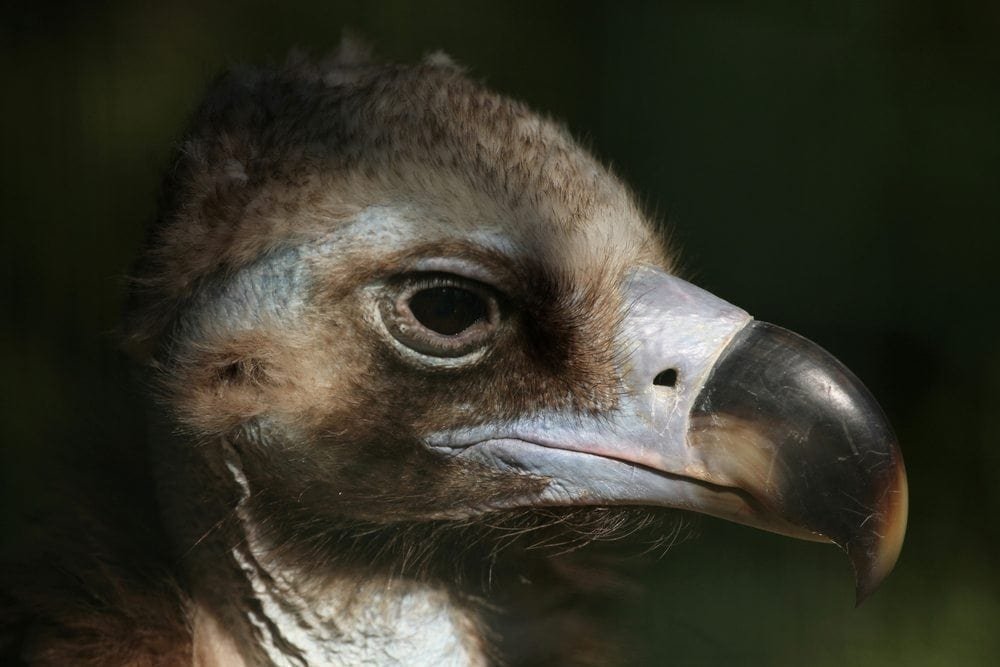Excessive doses
The RSPB is a member of SAVE (Saving Asia’s Vultures from Extinction), which is a consortium of international organisations created to oversee and co-ordinate conservation, campaigning and fundraising activities to help the plight of South Asia’s vultures.
Since it was created, SAVE has requested pharmaceutical companies to cease production of the large vials of human formulations of diclofenac which, at 30ml, are 10 times the size of the dose required to treat a human (3ml).
Only three companies voluntarily ceased manufacture ahead of this regulation, while more than 70 in India ignored the requests. Health professionals do not think that the banning of large vials poses any significant threat for the legitimate use of diclofenac in treating humans.
Alternative drugs
Meloxicam is becoming more widely used now that the cost to manufacture it has been reduced by lifting its patent in South Asia. However, other drugs known to be toxic or with unknown effects remain legal and are still being used.
‘Probably the most important step in vulture conservation since diclofenac’s ban for veterinary use in 2006, this latest announcement shows how much progress has been made. But there is still a job to do to make sure that safe alternative drugs are used.
‘Unfortunately, many alternatives, like ketoprofen, are not vulture-safe and more remain untested. In fact, there is only one vulture-safe alternative – meloxicam.’
Vibhu Prakash, a scientist from the Bombay Natural History Society
New risk in Europe
Closer to home, an Italian company was, incredibly, given the green light to produce diclofenac for the Italian and Spanish veterinary markets, eight years after India’s first ban on the drug.
Vultures inhabit both countries and feed on livestock carcasses, some of which will be treated with diclofenac. Vulture conservationists fear that this will cause declines in Europe’s vultures similar to that seen in South Asia.
However, these fears have not been taken seriously by the European Medicines Agency who did not advise a European Union-wide ban on diclofenac.
‘Again the government of India has made a strong decision to protect its vultures. Something that Europe has failed to do. It is truly shameful.’
Toby Galligan, RSPB Vulture Research scientist
Conservation and education
SAVE is working to stop veterinary use of diclofenac by advocating vulture conservation to governments and raising awareness of alternative drugs that are just as effective in treating cattle to veterinarians and livestock owners.
While these issues are being tackled in situ, SAVE has established captive breeding populations of vultures at centres in India, Nepal and Pakistan.
The birds will be released to supplement surviving wild populations, but only when it is safe to do so.
Click here to find out more about SAVE and the work being done to save Asia’s vultures from extinction.
 Play Video about This Rock Might Just Save The World
Play Video about This Rock Might Just Save The World Play Video about Play 2 hours of rock
Play Video about Play 2 hours of rock Play Video about Play 2 hours of brook
Play Video about Play 2 hours of brook Play Video about Play 2 hours of sheep
Play Video about Play 2 hours of sheep











































